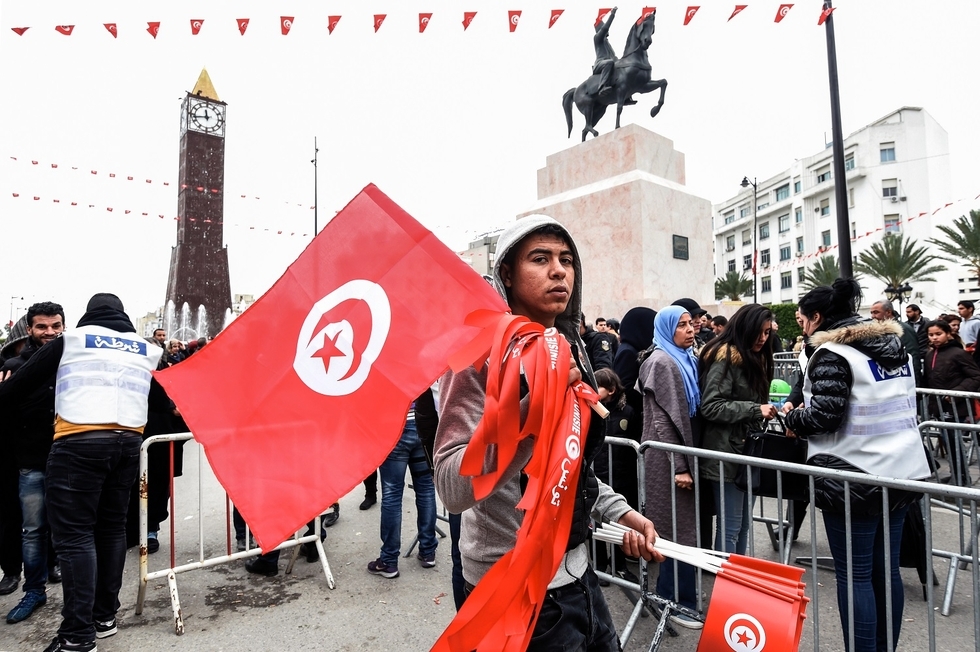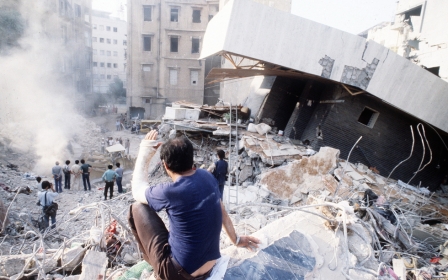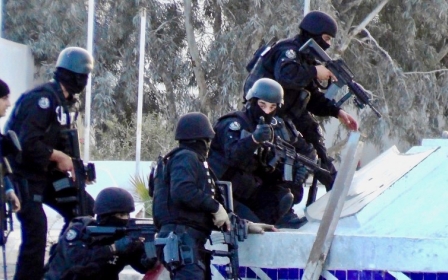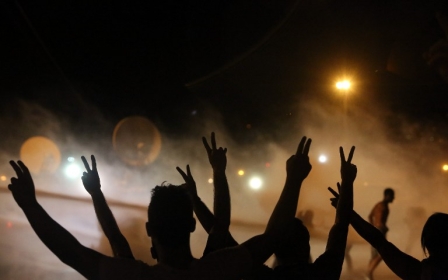Alarm over worsening press freedom in Tunisia

Tunisian and international non-governmental organisations warned on Tuesday of deteriorating freedom of the press in a country considered to be a rare success story of the 2011 Arab Spring uprisings.
"The Tunisian government these past weeks has not stopped tightening its grip on the press," the groups said in a joint statement published on World Press Freedom Day.
Twenty-five associations, including the Tunisian Press Syndicate, Reporters Without Borders (RSF) and Amnesty International, said they were "deeply concerned" about the creation of a regulatory body for audiovisual communication.
Six years after a popular uprising toppled longtime autocrat Zine El Abidine Ben Ali, the rights groups expressed concern about the recent banning of a small daily publication.
"It's the first time since the end of the dictatorship... that a newspaper is banned in this way," they said.
The Tunisian media was largely silenced under Ben Ali.
But the 2011 uprising gave rise to unprecedented freedom of expression in Tunisia. The country ranked first in North Africa in RSF's latest World Press Freedom Index.
Amnesty also published a separate statement on Tuesday in which it urged Tunisia to "demonstrate its commitment to human rights," especially in stemming torture and gender-based discrimination.
"While Tunisia has made some progress on opening up political and civil space and some legislative reforms have been introduced, the security sector has remained largely unchanged and in recent years there has been a resurgence of violations committed with impunity," said Heba Morayef, Amnesty's North Africa research director.
The UN Human Rights Council on Tuesday reviewed the human rights situation in Tunisia for the first time since 2012.
"This review comes at a critical moment for Tunisia," said Morayef.
"It provides a crucial opportunity to take stock of where Tunisia's transition stands in terms of human rights reforms six years on from the uprising and in the face of ongoing security challenges."
New MEE newsletter: Jerusalem Dispatch
Sign up to get the latest insights and analysis on Israel-Palestine, alongside Turkey Unpacked and other MEE newsletters
Middle East Eye delivers independent and unrivalled coverage and analysis of the Middle East, North Africa and beyond. To learn more about republishing this content and the associated fees, please fill out this form. More about MEE can be found here.




